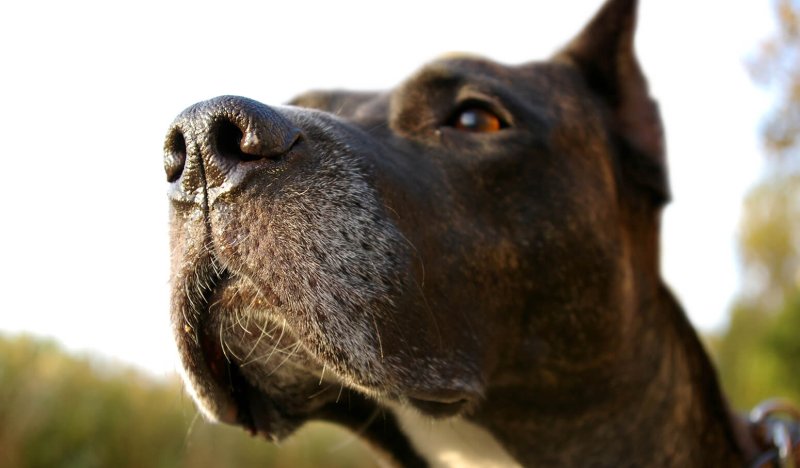Humans already employ [dogs’] olfactory acuity for contraband and explosives detection. More recently it has also proved uncannily good at sensing cancers, diabetes—and even COVID-19. Exactly how dogs detect diseases is a mystery, but that has not stopped researchers from mimicking this prowess with an artificial-intelligence-based noninvasive diagnostic tool.
In a study published in February in PLOS ONE, a multinational team reported an AI-powered system that is as accurate as trained dogs at correctly identifying cases of prostate cancer from urine samples. Massachusetts Institute of Technology research scientist Andreas Mershin, one of the study’s co-authors, wants to eventually integrate the technology into smartphones: There would be a tiny sensor in the phone with AI software running in the cloud. “We found we could repeat the training you use for dogs on the machines until we can’t tell the difference between the two,” he says.
Those diseases might include COVID-19. Early small-scale efforts suggest that dogs can be trained to sniff out COVID infections. “There seems to be evidence that COVID patients might emit ammonia at trace levels that dogs could be sniffing,” says [chemical engineering professor] Otto Gregory.































